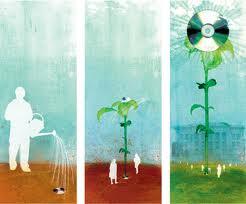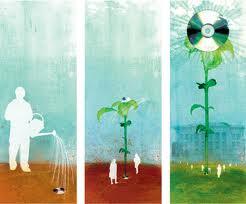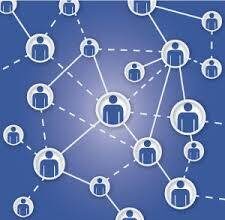 Most people have, at one point or another, heard the phrase “It’s an art, not a science,” in connection with various tasks, disciplines and operations. Regardless of the subject, this can often be true, because many things in life cannot be easily qualified or codified according to any rigid, unyielding mathematical or scientific formula.
Most people have, at one point or another, heard the phrase “It’s an art, not a science,” in connection with various tasks, disciplines and operations. Regardless of the subject, this can often be true, because many things in life cannot be easily qualified or codified according to any rigid, unyielding mathematical or scientific formula.
 Most people have, at one point or another, heard the phrase “It’s an art, not a science,” in connection with various tasks, disciplines and operations. Regardless of the subject, this can often be true, because many things in life cannot be easily qualified or codified according to any rigid, unyielding mathematical or scientific formula. This is sometimes true in business and organizational tasks as well – but not always. The varied – and ever-expanding – uses of big data and analytics make this clear, as proper data application is much closer to a science than anything else.
Most people have, at one point or another, heard the phrase “It’s an art, not a science,” in connection with various tasks, disciplines and operations. Regardless of the subject, this can often be true, because many things in life cannot be easily qualified or codified according to any rigid, unyielding mathematical or scientific formula. This is sometimes true in business and organizational tasks as well – but not always. The varied – and ever-expanding – uses of big data and analytics make this clear, as proper data application is much closer to a science than anything else.
With the use of the right business intelligence software platforms that can couple sophisticated technology and methodology with human expertise, companies and organizations can combine art and science to better their operations. A variety of recent examples and reports make this entirely clear.
New application uses big data for weather tracking and analysis
According to Scientific American, a number of data scientists have come together to develop a new app for weather forecasting – one that culls from smartphone-sourced big data. The startup OpenSignal, having devised and released an eponymous app for measuring connection strength and similar metrics, turned its focus to weather prediction. Data scientists identified a concrete link between the temperatures of smartphone batteries and readings from nearby weather stations.
OpenSignal’s developers believe that further research is necessary before any further definitive weather predictions can be made using these methodologies. That being said, the source reported that other examples of crowd-sourced data being put toward this purpose are out there. For one, the UK Met Office is examining data from geolocated tweets to monitor the spread of snowfall. In the meantime, OpenSignal is operating in conjunction with Birmingham University Climate Lab to move forward with its efforts.
Data science requires the right staff and tools
According to GigaOM, the best possible application of big data and BI involves – in addition to the use of the proper software – having staff on hand who can look at data in a way that combines science, practical thinking and intuition. This does not necessarily require the use of people whose backgrounds are solely in data science.
The news source reported that data analysis firm Booz Allen Hamilton – which has done contract work for the National Security Agency and numerous businesses – has hired workers with diverse backgrounds ranging from music to forestry management. As long as the members of a data analysis team can work together to interpret and actionably apply BI and have the right tools to bolster their efforts, there is little limit to what they can do, regardless of their past experience.







